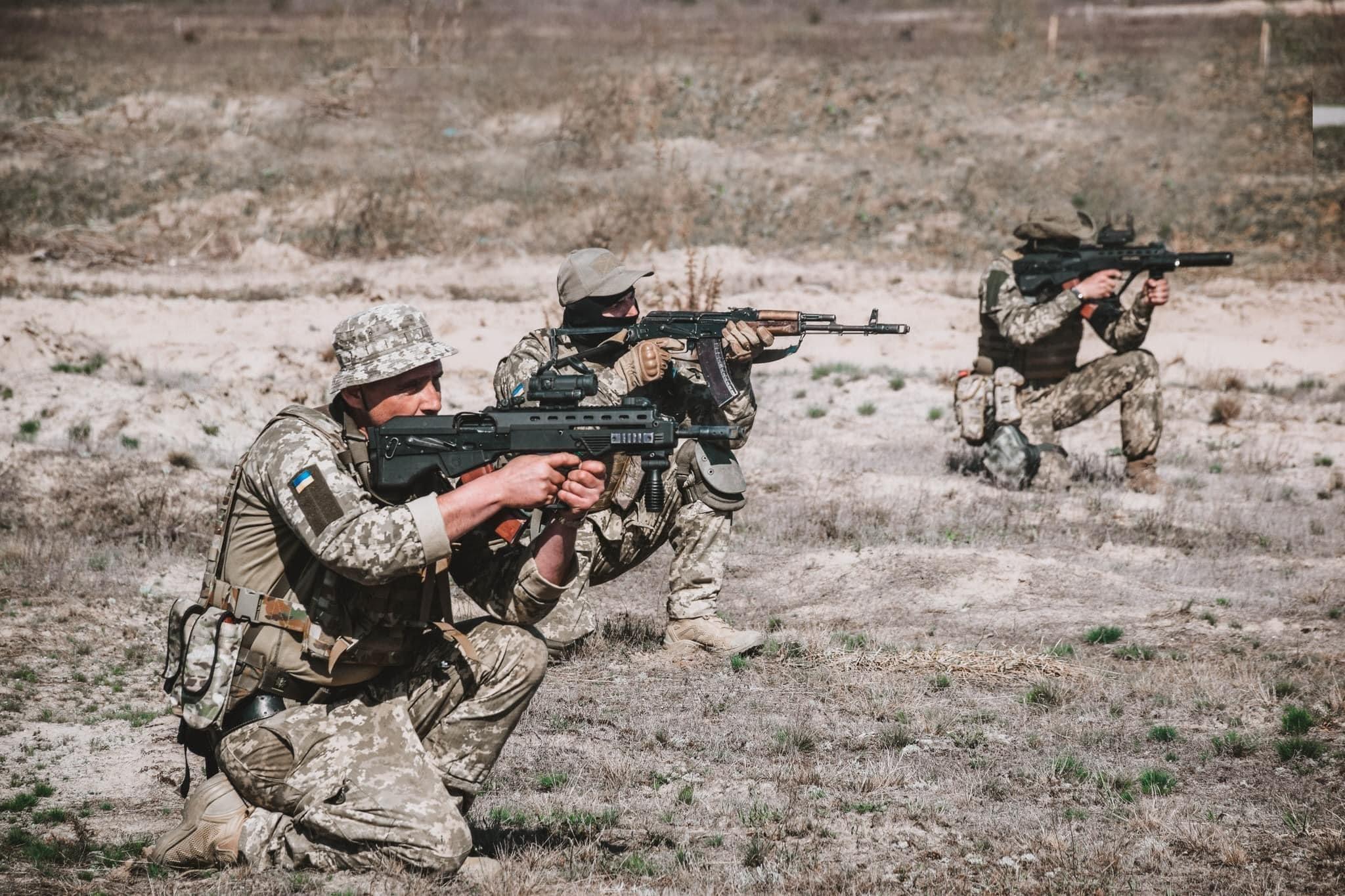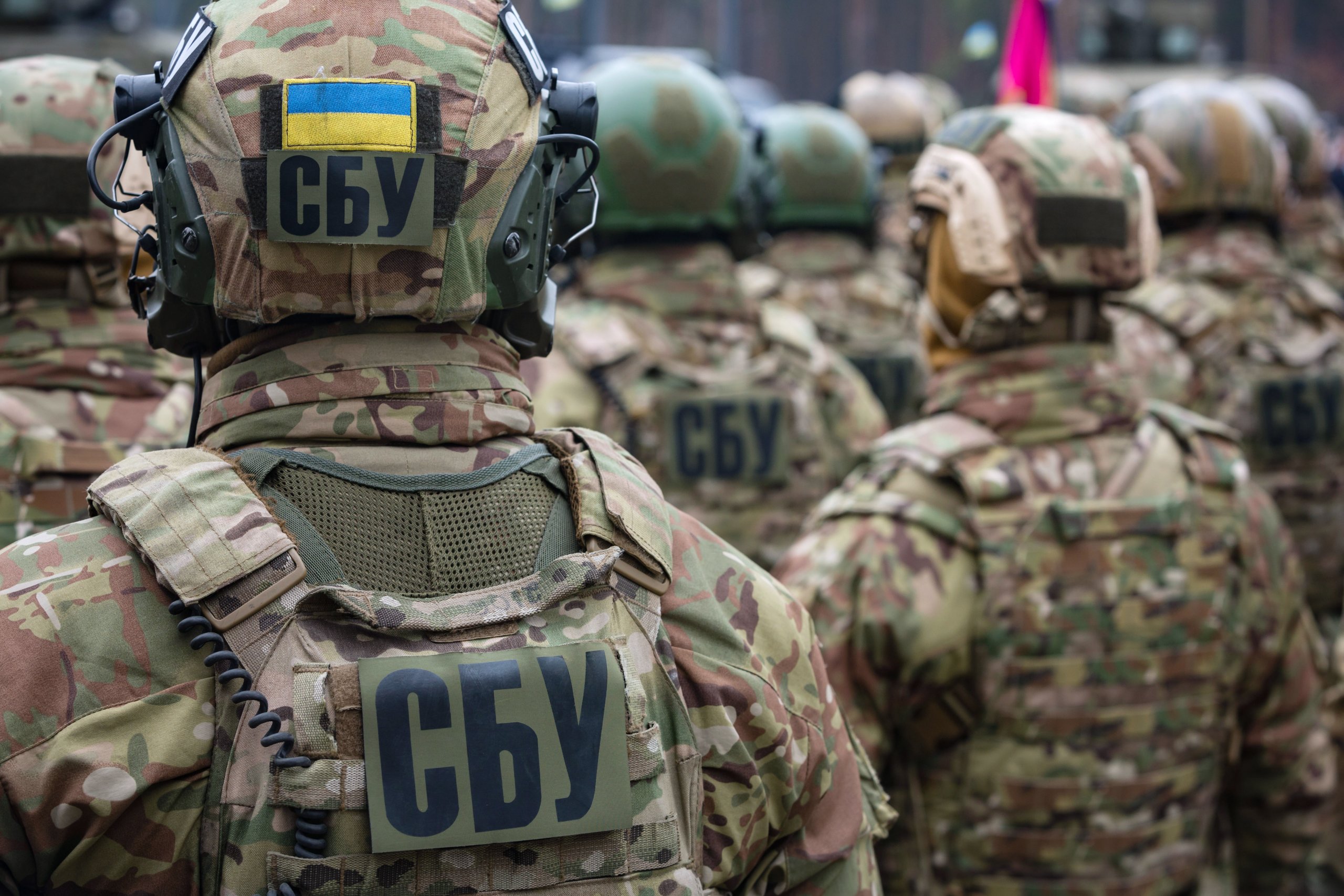Alexander Kovalenko, military-political analyst, specially for Minval.az
The historically established struggle of Russia for dominance in the Black Sea is ending in a total defeat for Russia, and its opponent doesn't even have a combat-ready fleet, let alone a flotilla. In just a year and a half, the Black Sea Fleet of the Russian Navy has lost its flagship, the missile cruiser "Moskva," of which there were only three in the Russian Navy, and Russia is unable to build new ones. Large landing ships of Project 1171 and 775 have been lost or damaged, and Russia cannot build similar ones in its shipyards. Landing craft, a diving vessel, corvettes, and frigates have been destroyed or damaged. Russia is losing the naval battle to a country without a fleet, not just losing expensive combat units worth hundreds of millions of dollars, but also billions (the estimated value of the missile cruiser "Moskva" after repair and modernization), and, more importantly, losing its actual positions.
Given the catastrophic losses suffered by the Black Sea Fleet of the Russian Navy, the Russian command faces the difficult decision of preserving the remaining ships. One of the options for preserving the fleet is considered to be the withdrawal of combat ships to the port of Novorossiysk. However, two problems arise here. First, the port in Novorossiysk is unable to accommodate the entire combat composition of the Black Sea Fleet. Second, on August 4, 2023, the Project 775 BDK "Olenegorsky Gornyak" was attacked by a Ukrainian surface drone right in the port of Novorossiysk, and if it weren't for its proximity, the ship would have sunk from the damage it sustained.
In addition, it is evident that after the Ukrainian forces reach the coast of the Sea of Azov, Novorossiysk, and other areas will be within the striking range of Ukrainian Army's available assets. Specifically, this pertains to the modernized R-360 missile of the Neptune anti-ship missile system, capable of targeting not only surface naval objects but also land-based targets. Moreover, the missile has demonstrated high performance in bypassing and evading Russian air defense systems.
For instance, the missile cruiser "Moskva" was destroyed on April 14, 2022, by two R-360 missiles, despite the fact that this first-rate ship was equipped with shipborne air defense systems, primarily the S-300F SAM system. On August 23, 2023, in the area of Cape Tarkhankut in temporarily occupied Crimea, the modernized R-360 missiles destroyed the Russian S-400 "Triumf" air defense system, and a similar success was repeated shortly afterward in the vicinity of Evpatoria. Therefore, positioning the Russian fleet along the southwestern coast of Russia is not a panacea.
Moreover, what's most interesting is that making such a decision could be complicated by the managerial aspect. Especially after the strike on the headquarters of the Black Sea Fleet in Sevastopol on September 22, which resulted in the elimination of officers from both the middle and senior command levels of the Russian Black Sea Fleet.
For Russians in Crimea and the Black Sea region as a whole, a suicidal deadlock situation arises. They do not control the airspace over Crimea. They cannot secure the fleet from attacks, not only from the water but also from the air. Moreover, the combat units of the Black Sea Fleet are either new and very expensive ships or old ones from Soviet times. Russia will not be able to replace them if they are destroyed.
Given the circumstances, it is not excluded that the Russian side may opt for a temporary but highly reliable solution of relocating some of the Black Sea Fleet ships to the Caspian Sea through internal waters.
For example, in April 2021, a group of ships from the Caspian Flotilla of the Russian Navy was transferred to the Sea of Azov. This group included almost all the air-cushion landing craft of Project 11770 "Serna" from the Caspian Flotilla, as well as almost the entire Caspian group of small missile ships of Project 21631 "Buyan-M," totaling three units.
In general, just as the transfer from the Caspian to the Black Sea was carried out to strengthen the Black Sea Fleet, a retreat of the Black Sea Fleet to the Caspian Sea could happen in a similar manner. However, this decision may not be for an extended period but rather situational, until the end of the war. But even if so, it should be remembered that Russia will not be able to accommodate the entire Black Sea Fleet in its current composition in southwestern ports. This means that even in the future, it may not be possible to return all the ships to the Black Sea.
Effectively starting a war against Ukraine, which did not possess a powerful fleet as of February 24, 2022, Russia may not just lose its Black Sea Fleet but permanently give up hope of regaining its status in the Black Sea. In recent decades, Russia has primarily competed with Turkey for leadership in the Black Sea. This competition was evident not only in demonstrative actions like large-scale exercises and parades but also in the development of the naval component with new ships.
One vivid example of this competition is the construction of two universal landing ships of Project 23900 at the Zaliv shipyard in Crimea. This decision was triggered by the construction of the Turkish Landing Helicopter Dock (LHD) Anadolu at the Sedef Shipbuilding Inc in Istanbul. In an attempt to compete with the Turkish LHD, the Russians even adjusted the initial design's displacement from 14,000 tons to 25,000 tons, and in the end, claimed that their ships would have a full displacement of 40,000 tons. All of this was done to surpass the Anadolu's displacement of 27,000 tons.
However, it's one thing to compete on paper and quite another in reality. While there were doubts in previous years about whether Russia could even complete its LHDs under sanctions and the technical and technological degradation of shipbuilding, now there are questions about the future of these ships overall and whose fleet they will belong to, if any.
Can what the Black Sea Fleet represents now be called a fleet? It's more like a flotilla. If the surviving representatives of this structure in Sevastopol don't act promptly, they might not even have a flotilla in the near future.





















